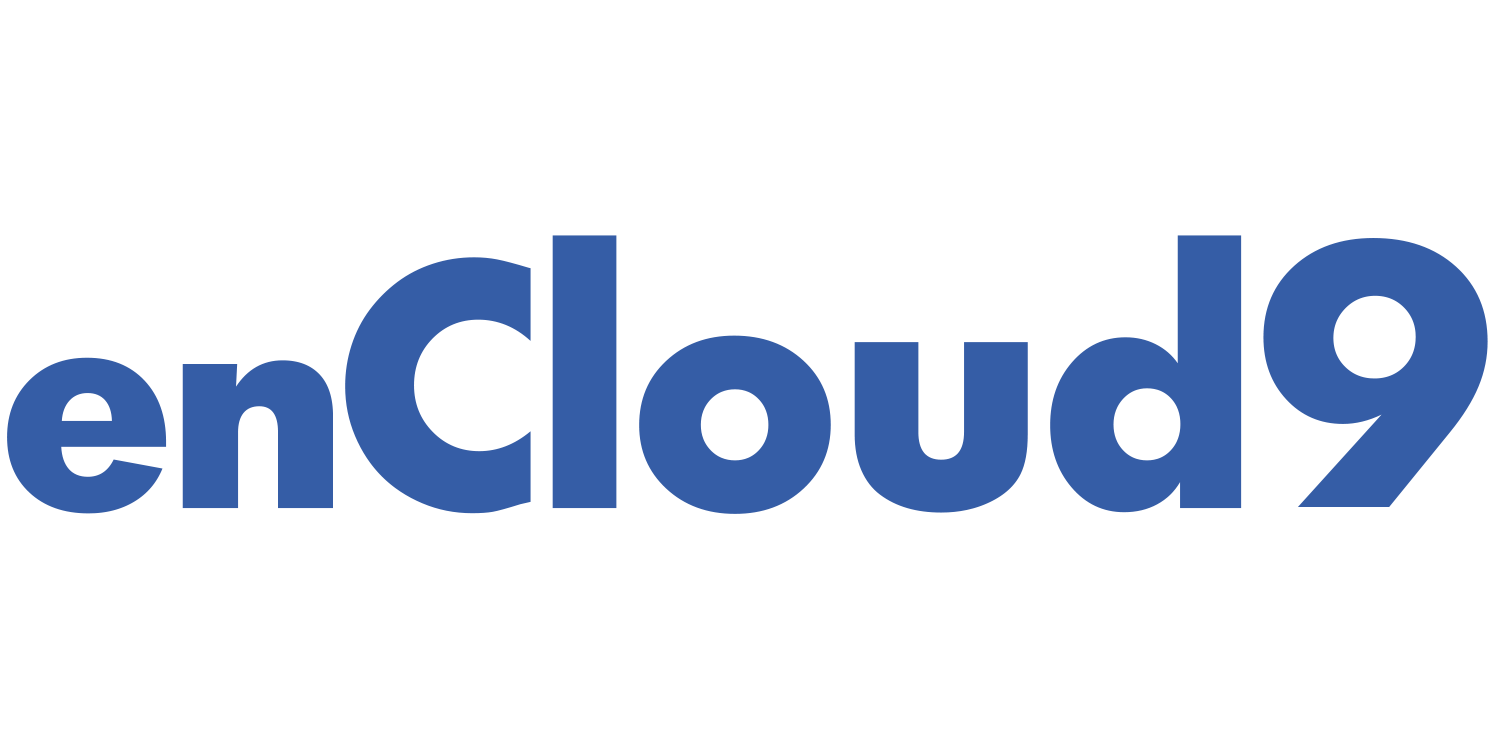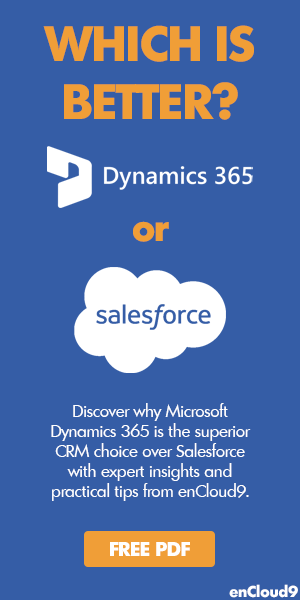As the year draws to a close, it’s natural for businesses to reflect on their accomplishments, challenges, and overall progress. This period of reflection is not only an opportunity to celebrate successes but also a crucial time to assess areas that need improvement. For organizations using Dynamics 365 as their Customer Relationship Management (CRM) solution, conducting a year-end review is particularly valuable. In this blog post, we’ll explore why year-end reviews matter for CRM with Dynamics 365 and how they can contribute to ongoing success.
Measuring Progress Toward Goals
One of the primary reasons year-end reviews are essential for CRM with Dynamics 365 is to measure progress toward established goals. At the beginning of the year, businesses typically set specific CRM-related objectives, such as increasing sales revenue, enhancing customer satisfaction, or streamlining internal processes. A year-end review provides a structured opportunity to evaluate how well these goals have been met.
Dynamics 365 offers robust reporting and analytics capabilities, making it easier to track key performance indicators (KPIs) and metrics related to CRM goals. Businesses can generate reports that showcase achievements and identify areas where improvements are needed. Tracking KPIs allows you to know if you ar meeting your Dynamics 365 Sales Project Milestones.
Another essential feature integrated into Dynamics 365 is the goal management module, providing organizations with the capability to establish, monitor, and assess their sales and performance objectives. With this module, users can create specific, measurable, achievable, relevant, and time-bound (SMART) goals, aligning them with the company’s overall objectives. Dynamics 365 provides real-time dashboards and reports that offer a visual representation of goal progress, making it easy for users to monitor their achievements. Additionally, the platform offers goal hierarchies, enabling organizations to break down larger goals into smaller, more manageable sub-goals, ensuring that teams stay focused on the task at hand.
Using these resources, organizations can acquire a deeper understanding of their sales performance, pinpoint areas requiring enhancement, and proactively implement measures to ensure they not only meet but also surpass their year-end objectives.
Identifying Performance Gaps
Year-end reviews help organizations identify performance gaps in their CRM efforts. By comparing actual results with the initially defined goals and targets, businesses can pinpoint areas where they may have fallen short. This identification of performance gaps is a crucial step toward making informed decisions and taking corrective actions.
For example, if a company’s goal was to increase customer retention rates by a certain percentage, a year-end review might reveal that the retention rate fell below the target. This insight prompts further investigation into the causes of the decline and the development of strategies to address it.
This identification of performance gaps serves as a valuable starting point for organizations to devise targeted strategies, implement process improvements, and provide the necessary support and training to bridge these gaps effectively. As a result, companies can enhance their overall performance, optimize their sales processes, and ultimately achieve their year-end objectives with greater precision and efficiency.
Adjusting Strategies for Improvement
Adjusting strategies for improvement is a fundamental aspect of utilizing Dynamics 365. The platform equips businesses with the tools and insights needed to make data-driven decisions and refine their approaches.
Dynamics 365 offers the flexibility to modify CRM workflows, customize processes, and implement new features or modules to enhance CRM performance. Businesses can leverage the insights gained during the year-end review to make data-driven decisions about which strategies to prioritize.
Ensuring Resource Allocation Efficiency
Resource allocation is a critical aspect of CRM success. Year-end reviews help organizations ensure that resources, including budgets, staff, and technology investments, are allocated efficiently and effectively. If certain CRM initiatives yielded excellent results, businesses may choose to allocate more resources to those areas in the upcoming year.
Conversely, if specific projects or strategies did not deliver the expected outcomes, organizations can reallocate resources to initiatives with a higher likelihood of success. This optimization of resource allocation contributes to overall CRM efficiency and effectiveness.
By analyzing real-time data and performance metrics, organizations can identify areas where their strategies may not be delivering the desired results. Dynamics 365 empowers companies to adapt swiftly by allowing them to fine-tune their sales, marketing, and operational strategies. This agility ensures that businesses remain responsive to changing market dynamics, customer preferences, and competitive landscapes. With the ability to adjust strategies for improvement in real-time, companies can optimize their processes, maximize their efficiency, and work towards ending the year on a high note with Dynamics 365 as their trusted ally.
Planning for the Year Ahead
Planning for the year ahead with Dynamics 365 is a strategic advantage for businesses. The platform offers a robust suite of planning and forecasting tools that enable organizations to set clear objectives, define achievable targets, and develop comprehensive strategies for the upcoming year. By leveraging historical data, predictive analytics, and market trends, companies can make informed decisions about resource allocation, sales forecasts, and growth initiatives. Dynamics 365 provides the visibility needed to align teams, departments, and stakeholders around a common set of goals, fostering collaboration and synergy throughout the organization. With the ability to plan effectively using Dynamics 365, businesses can position themselves for success in the year ahead, ensuring that their efforts are both focused and well-coordinated to achieve their desired outcomes.
These new goals can build upon the successes of the previous year and address any challenges or opportunities that have arisen. Dynamics 365’s planning and forecasting tools empower businesses to create a roadmap for CRM success in the year ahead, aligning strategies with organizational priorities. We have written a 2 part blog series about forecasting in addition to a Webinar:
Eliminate the Guesswork with Sales Forecasting: Part 1
Eliminate the Guesswork with Sales Forecasting: Part 2
Deep Dive: Sales Forecasting Webinar
In conclusion
Year-end reviews are a vital component of CRM success with Dynamics 365. They provide an opportunity to measure progress, identify performance gaps, adjust strategies, allocate resources efficiently, and plan for the year ahead. By conducting thorough year-end reviews, businesses can ensure that their CRM initiatives remain aligned with their overarching goals and contribute to ongoing success in customer relationship management. Finish the Year Strong with our 2024 Sales Checklist Powered by Dynamics 365.
How can we help?
enCloud9 is one of the most recognized and respected Microsoft Solution Partners for Business Applications. Leveraging the powerful capabilities of the Microsoft stack, enCloud9’s team of certified professionals help small to medium sized businesses optimize their customer interactions, drive sales growth, and streamline marketing. Our dedication to achieving excellence, prioritizing customers, and possessing extensive industry expertise positions us as the preferred choice among businesses.
Contact us today to see how you can experience ongoing success in your Dynamics 365.


